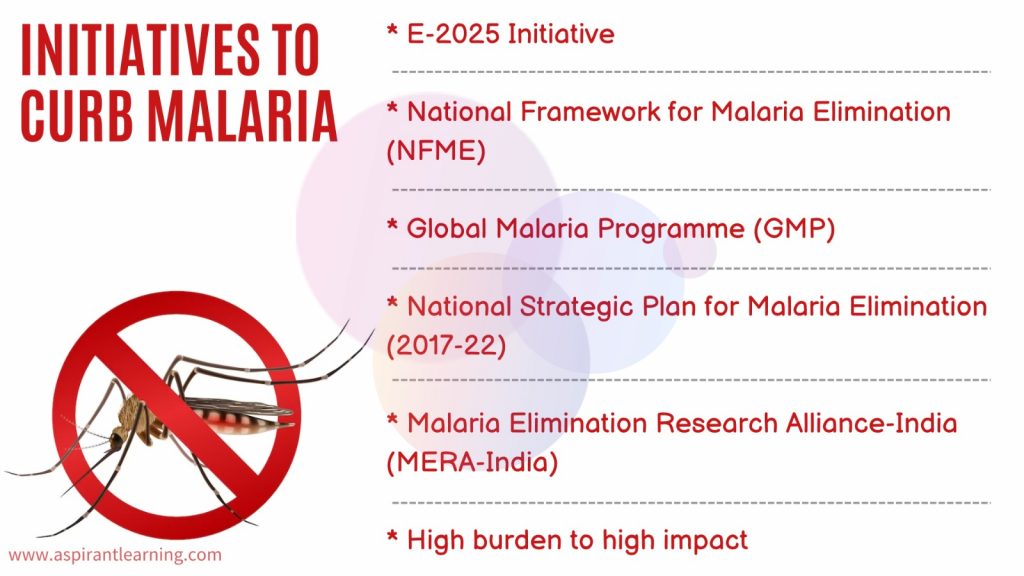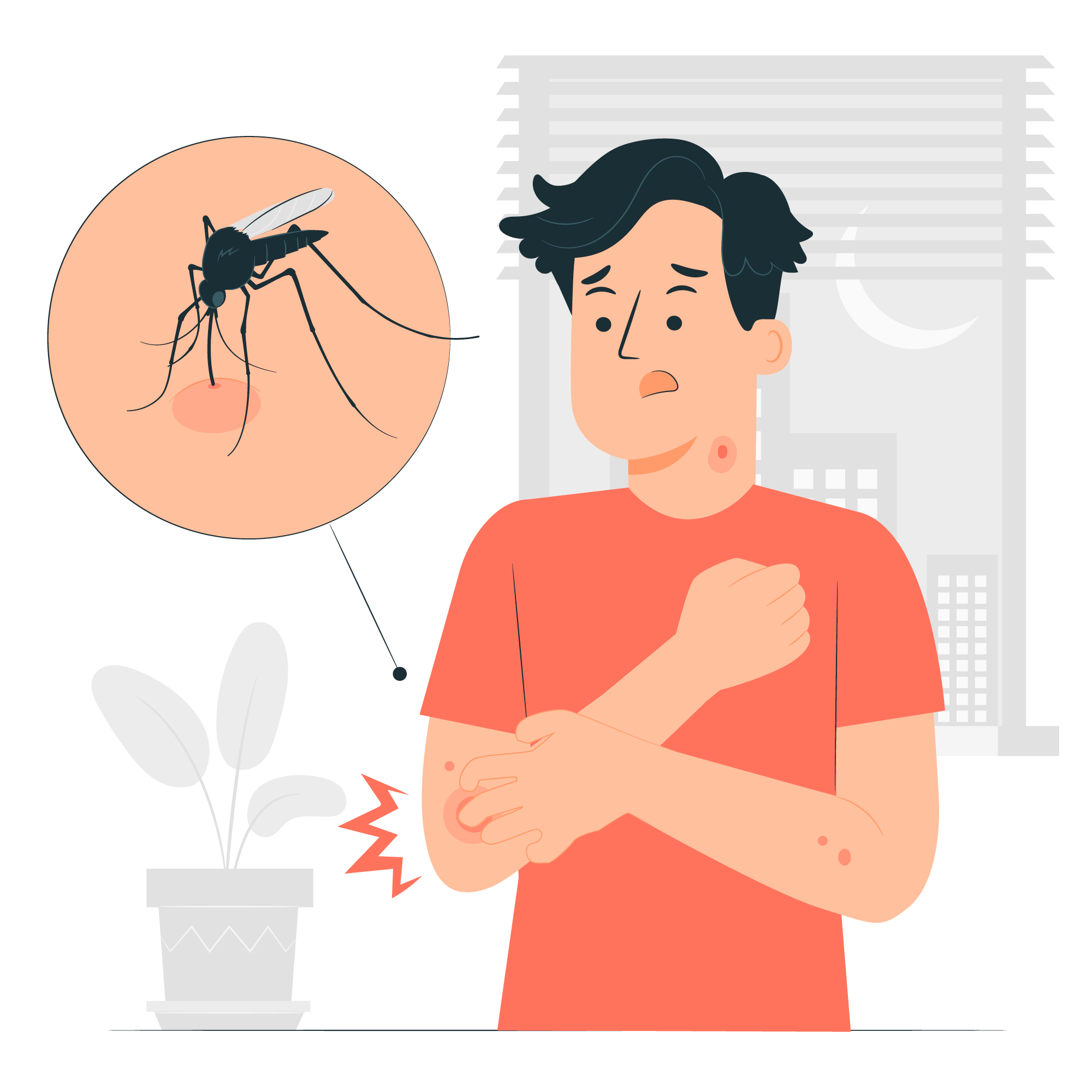News Highlights:
- World Malaria Day 2023 (WMD) is observed on April 25 every year to spread awareness of the global effort to control and eradicate malaria.
- Malaria is a life-threatening disease spread by mosquito bites carrying the parasite.
World Malaria Day:
- About:
- World Malaria Day (WMD) is an international observance commemorated every year on 25 April and recognises global efforts to control malaria.
- World Malaria Day aims to raise awareness of the devastating impact of malaria and to mobilise resources and support for malaria control and prevention programs in endemic countries.
- The day serves as an opportunity for individuals, organisations, and governments to come together and renew their commitment to eliminating malaria, which is a preventable and treatable disease
- Theme:
- World Malaria Day 2023 will be marked under the theme “Time to deliver zero malaria: invest, innovate, implement”.
- Within this theme, WHO will focus on the third “i” – implement – and notably the critical importance of reaching marginalised populations with today’s tools and strategies.
- Significance:
- It assists in identifying the presence of malaria in various nations worldwide and raising global awareness about the disease.
- According to the most current World Malaria Report, malaria killed 429,000 people worldwide in 2015, with 212 million new cases.
- Between 2010 and 2015, new malaria cases decreased by 21% globally, while malaria fatality rates decreased by 29%.
- In Sub-Saharan Africa, case incidence and mortality rates decreased by 21% and 31%, respectively.

What is Malaria?
- About:
- Malaria is a life-threatening mosquito-borne blood disease caused by plasmodium parasites. It is predominantly found in the tropical and subtropical areas of Africa, South America, and Asia.
- The parasites spread through the bites of infected female Anopheles mosquitoes.
- After entering the human body, parasites initially multiply within the liver cells and then attack the Red Blood Cells (RBCs), resulting in their rupture.
- Parasite species that cause malaria:
- 5 parasite species cause malaria in humans, and 2 of these species – Plasmodium falciparum and Plasmodium vivax – pose the greatest threat.
- Symptoms:
- The most common early symptoms of malaria are fever, headache and chills.
- Symptoms usually start within 10–15 days of getting bitten by an infected mosquito.
- Severe symptoms of malaria include fever and flu-like illness, including shaking chills, headache, muscle aches, and tiredness.
- It is preventable as well as curable.
- Malaria Vaccine:
- Known by its lab initials as RTS, S but branded as Mosquirix, the vaccine has passed lengthy scientific trials that found it safe and reduced the risk of malaria by nearly 40%, the best recorded.
- It was developed by GlaxoSmithKline (GSK) company and approved by the European Medicines Agency in 2015.
- The RTS, S vaccine trains the immune system to attack the malaria parasite (Plasmodium (P.) falciparum, the deadliest species of the malaria parasite).
Pic Courtesy: Freepik
Content Source: The Hindu



